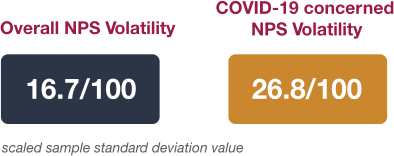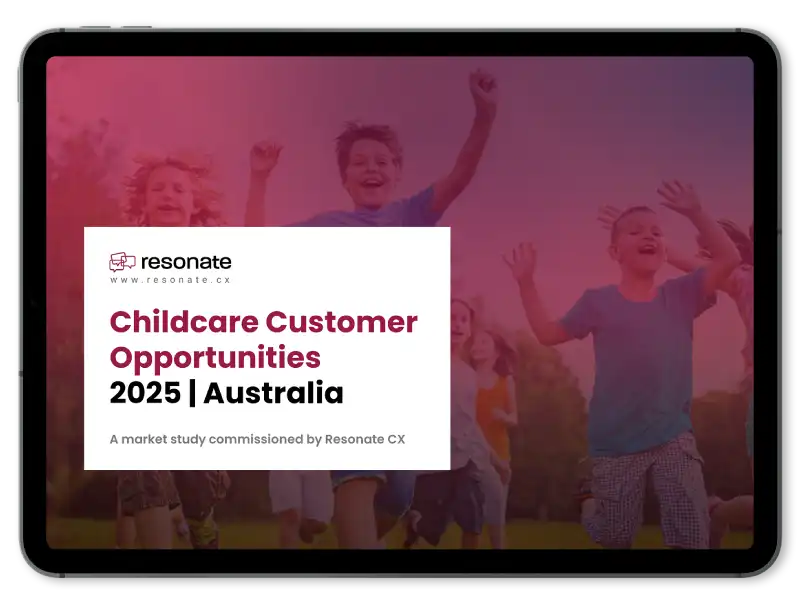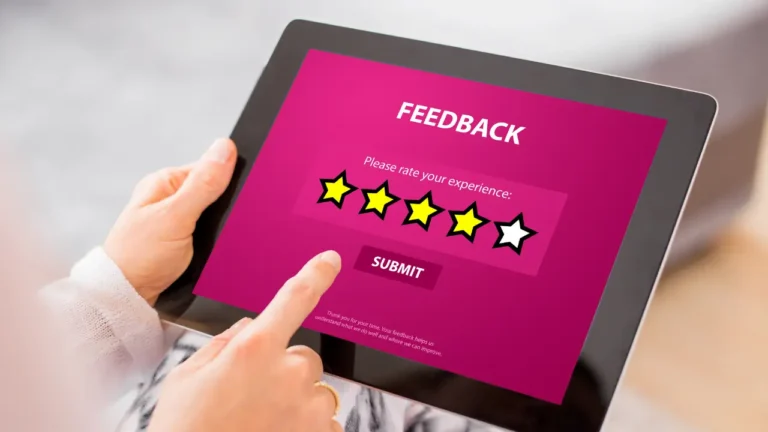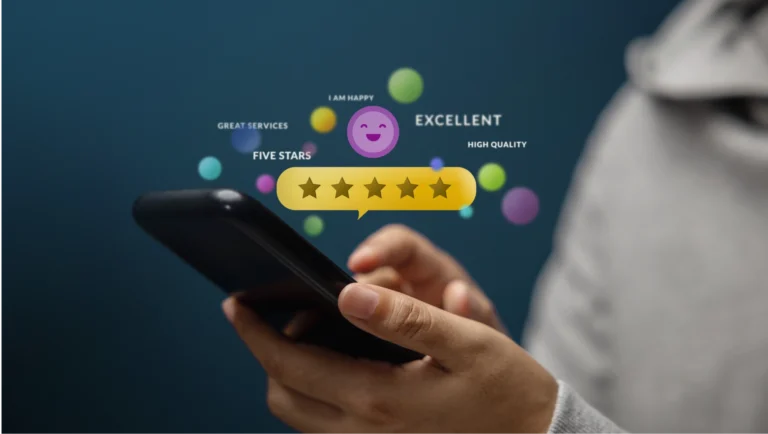The COVID-19 period has created an unprecedented shock for CX relations. With high anxieties and uncertainty throughout society, companies need to rethink how they approach customer relations. During this time, Net Promoter Score (NPS) remains the most vital metric of CX success, however we expect unusual NPS results as the crisis unfolds. Companies should acknowledge the potential adverse results and take steps to manage their NPS during and after the COVID-19 period to ensure continued customer loyalty and potential for growth after the crisis. Resonate Solutions has identified three key strategies to manage NPS through this period.
1. Expect customers to react strongly to experiences.
Customer experience volatility reflects the way a customer reacts emotionally to a customer experience event. Using a simple measure of Net Promoter Score volatility from Resonate data, we can examine the sensitivity of customers to experience, and the likelihood that this experience leads them to become Promoters or Detractors.
Comparing volatility of overall NPS to COVID-19 concerned NPS reveals a much higher level of CX volatility in COVID-19 concerned customers. This is especially high when customers approach their experience through the lens of COVID-19.
This sensitivity to experience goes both ways. Data collected by Resonate has many examples of customers who experienced great customer service which acknowledged and dealt with the risk of COVID-19 in that situation and were much more likely to become a promoter. Likewise, customers who received poor service and were preoccupied by the pandemic were more likely to become a detractor and create churn for the business.
2. Communicate with purpose and empathy to create loyal customers.
An idiosyncrasy of this sensitivity is that even net negative experiences can create promoters. Where our client’s customers were treated with open, empathetic, and purposeful communication around COVID-19, they were willing to forgive or overlook discrepancies such as product availability or customer service that would otherwise lead to churn. Customers were willing to frame these discrepancies as part of the overall externality of COVID-19.
The key is communication. Customers gave the benefit of the doubt, or even became promoters, where they felt the client’s communication around COVID-19 was purposeful and empathetic.
To achieve purposeful communication¸ businesses must avoid the endless stream of unsolicited COVID-19 emails that are clogging everybody’s inbox. Purposeful communication finds the customer at a useful point of contact rather than a ‘CC’d to all’ email. This can be signs and ground markings in retail stores, calls from childcare managers, or targeted social media posts, but they need to be thoughtful in providing due information to customers without adding to the noise.
Empathetic communication involves understanding and acknowledging the enormous impact of COVID-19 on your customers. To an unprecedented extent, customers are receiving a constant barrage of anxiety-inducing information. Communication to customers must actively seek to move away from the mass of COVID-19 anxiety and express genuine unity in a difficult situation.
3. Be ready to listen, act, and close the loop to convert detractors to promoters.
Businesses need an effective and proactive system to address negative CX before it creates detractors. CX managers should be prepared to address concerns with an understanding of the principles discussed here. Successful resolution of customer concerns through the lens of COVID-19 will create promoters in a time where they are vital.
Read more in our whitepaper – Creating customer experience opportunity through COVID-19








